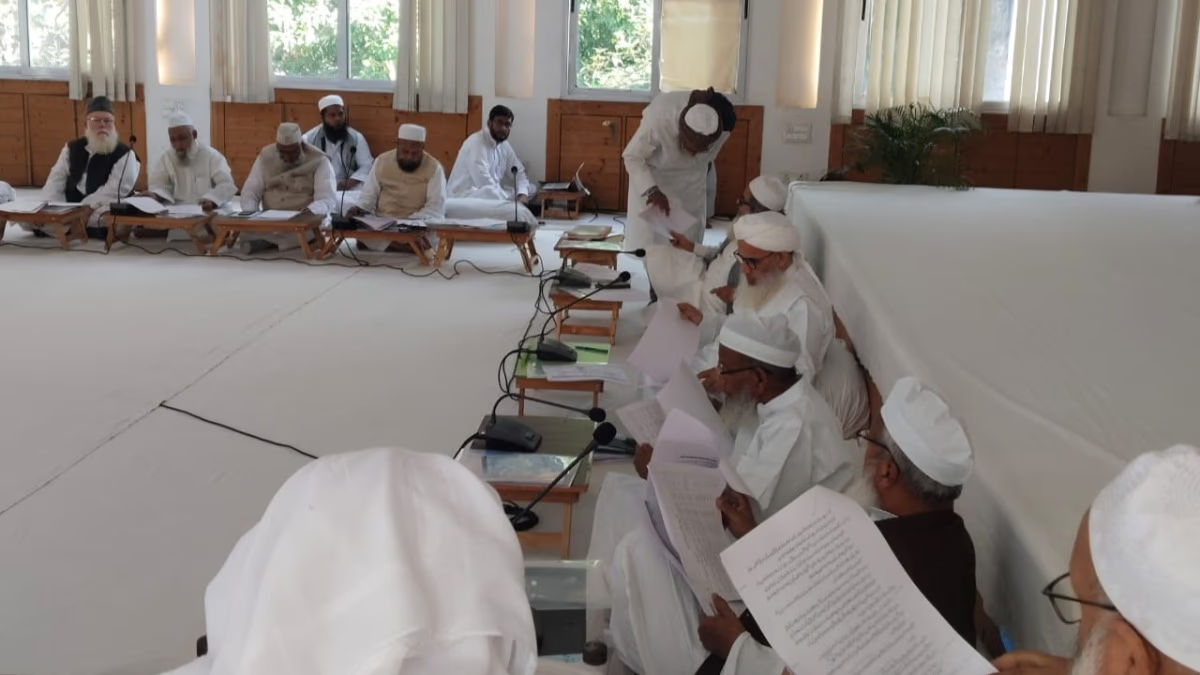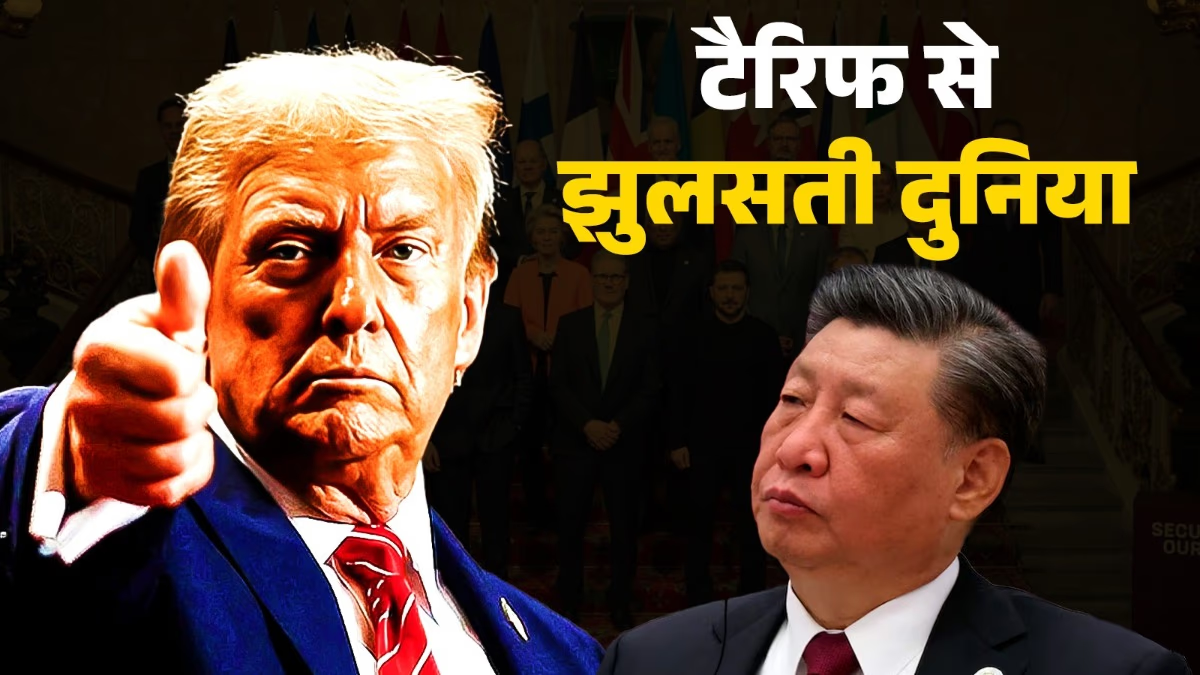A significant gathering on the Waqf Amendment Act was held in Delhi, spearheaded by the eminent Islamic institution, Jamiat Ulama-e-Hind.
Led by Maulana Mahmood Madani, the Jamiat's working committee hosted representatives from thousands of Muslim organizations nationwide to discuss the newly proposed Waqf Amendment Act. They have officially lodged a challenge against this act in the Supreme Court.
This crucial meeting encompassed discussions on the implications of the Waqf Act on the Muslim community. Following the committee meeting, Jamiat plans a press conference to unveil future strategies.
Amid widespread protests in Kolkata and Bhopal, Jamiat asserts a request for PM Modi to reconsider the enactment.
As the opposition mounts a concerted attack on the government over amendments to the Waqf law, Muslim organizations present a united front against it. An imminent decision regarding the Waqf will transpire in Jamiat's administrative meeting. Concerns were accentuated about the law's enforcement impacts and legal assistance for the Muslim community.
Mamata Banerjee has announced that the Waqf law will not see enforcement in West Bengal.
Matters of possession over Dargah and Waqf land in Sambhal prompted an investigation order from the DM.
Chaired by Salim Raj under scrutiny, an investigation commences on Waqf properties, facing critiques from political leaders.




